Although it can feel embarrassing to discuss them with your doctor, problems with your kidneys, bladder and other parts of the urinary system are very common and are usually highly treatable. For women, two of the most common problems are urinary tract infections (UTIs) and urinary incontinence.
Urinary Tract Infection
 A urinary tract infection is an infection of a part of the urinary system which includes the bladder, kidneys, ureters and urethra. A UTI can occur when bacteria enters the urinary system, usually via the urethra. Symptoms of a UTI include a strong, constant need to urinate, a burning sensation during urination, and urine that is cloudy or pink or red-tinged and has a strong smell. There also may be pain around the pelvis. Although UTIs are usually not serious, if the infection spreads from the bladder into the kidneys, complications can occur. If you are diagnosed with a UTI, your doctor most likely will prescribe antibiotics to help clear up the infection.
A urinary tract infection is an infection of a part of the urinary system which includes the bladder, kidneys, ureters and urethra. A UTI can occur when bacteria enters the urinary system, usually via the urethra. Symptoms of a UTI include a strong, constant need to urinate, a burning sensation during urination, and urine that is cloudy or pink or red-tinged and has a strong smell. There also may be pain around the pelvis. Although UTIs are usually not serious, if the infection spreads from the bladder into the kidneys, complications can occur. If you are diagnosed with a UTI, your doctor most likely will prescribe antibiotics to help clear up the infection.
UTIS are more common in women than men because women have shorter urethras. There are easy steps you can take to prevent getting a UTI. Drinking plenty of liquids, wiping from front to back after using the restroom, and urinating soon after sexual intercourse are all important preventative measures you can take to reduce your risk of developing a UTI.
Incontinence
Urinary incontinence, or the involuntary release of urine, is also a common problem for women, especially those who have given birth or have gone through menopause. These life events weaken the pelvic floor, making muscle control around the bladder more difficult. Incontinence also can be caused by weak or overactive bladder muscles or nerve damage.
Incontinence can vary in severity. For some women, this means only a few drops of urine being released when they cough or laugh. Others may experience a sudden urge to urinate and lose control of their bladders before they have time to get to a restroom. This can cause feelings of embarrassment and keep women from participating in activities they enjoy. Thankfully, urinary incontinence is very treatable. If it is becoming a major nuisance in your life, talk to your doctor about specific treatment steps to permanently help deal with the issue rather than addressing the symptoms.
Although problems with the urinary system can feel embarrassing, it is important to remember that you are not alone and that these issues are treatable. The physicians at Advanced Urology Institute are here to help with any urological issues you may be facing. For more information, visit the Advanced Urology Institute website.





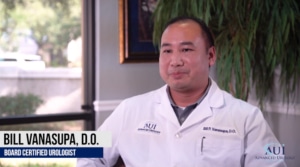 A urologist is a doctor who specializes in the urinary tract and male reproductive system. They are the doctor a patient will most likely to go to about his ED. Urologists see countless cases of ED on a regular basis, and to them it is not a major issue at all. However, good urologists understand that ED can be an embarrassing issue for their patients and they immediately begin their visits by creating a comfortable environment where doctor and patient feel at ease discussing it.
A urologist is a doctor who specializes in the urinary tract and male reproductive system. They are the doctor a patient will most likely to go to about his ED. Urologists see countless cases of ED on a regular basis, and to them it is not a major issue at all. However, good urologists understand that ED can be an embarrassing issue for their patients and they immediately begin their visits by creating a comfortable environment where doctor and patient feel at ease discussing it.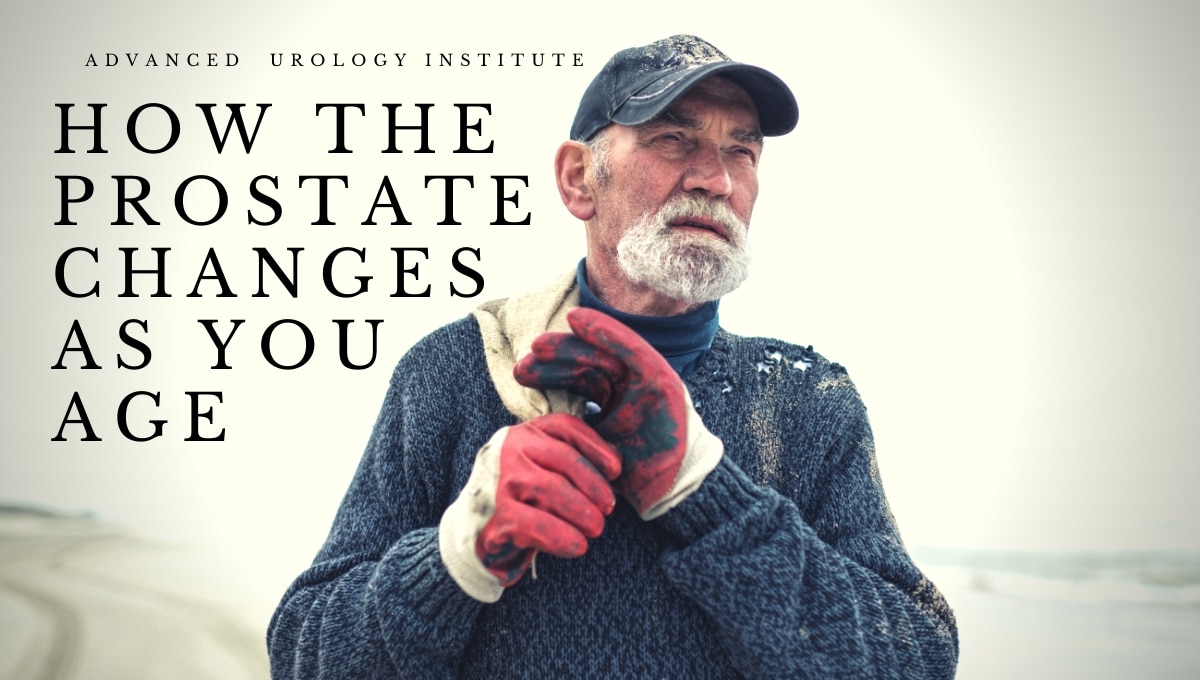
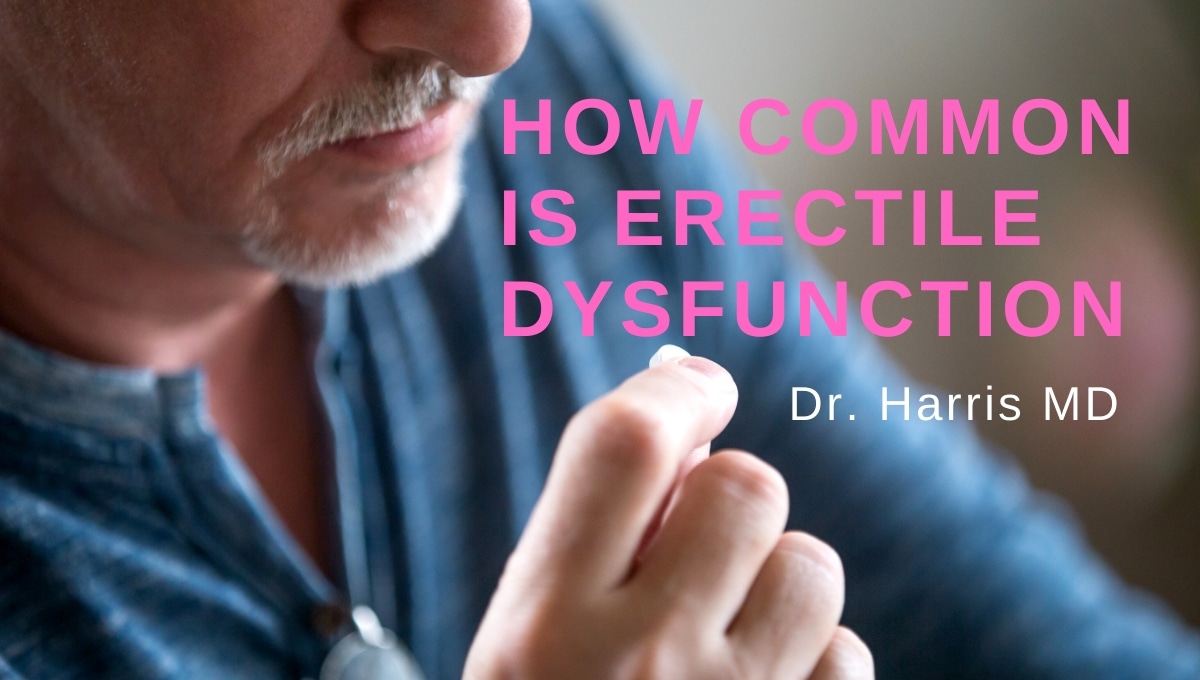
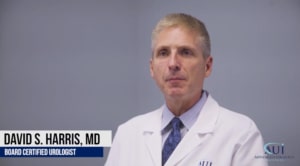 The primary
The primary 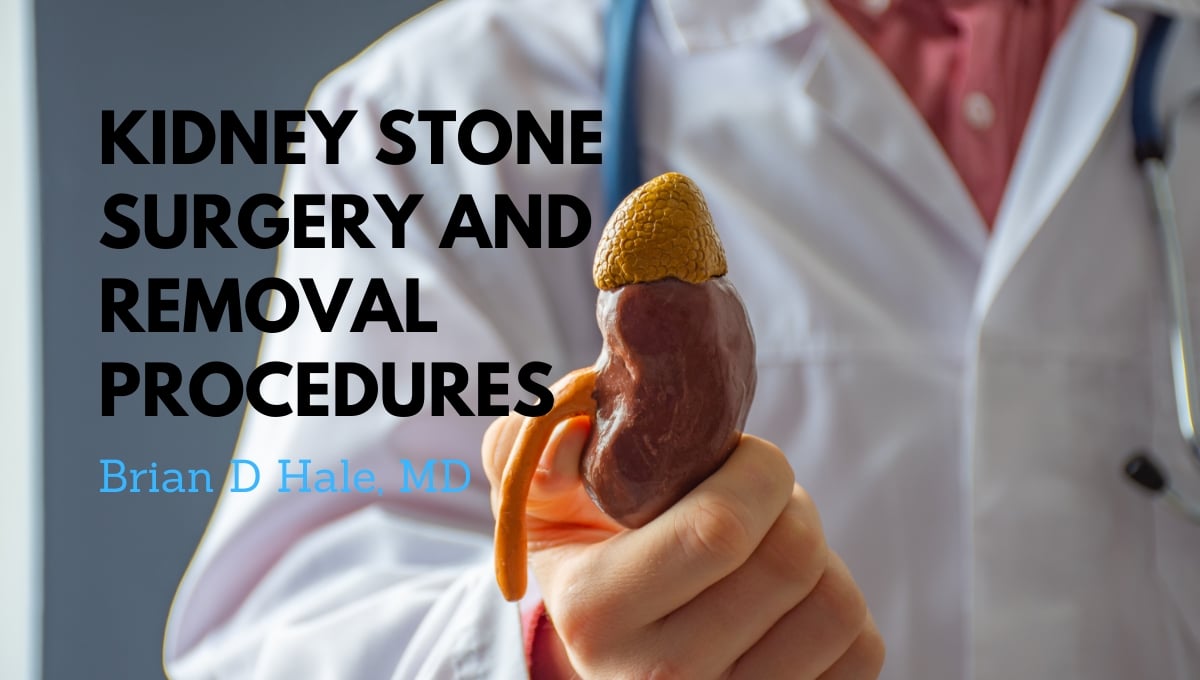
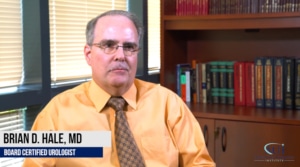 One cutting-edge and noninvasive method for treating kidney stones is called
One cutting-edge and noninvasive method for treating kidney stones is called 
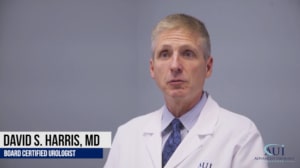 Although anyone can develop stones, there are certain factors that can indicate who gets them and how they occur. As urologist
Although anyone can develop stones, there are certain factors that can indicate who gets them and how they occur. As urologist 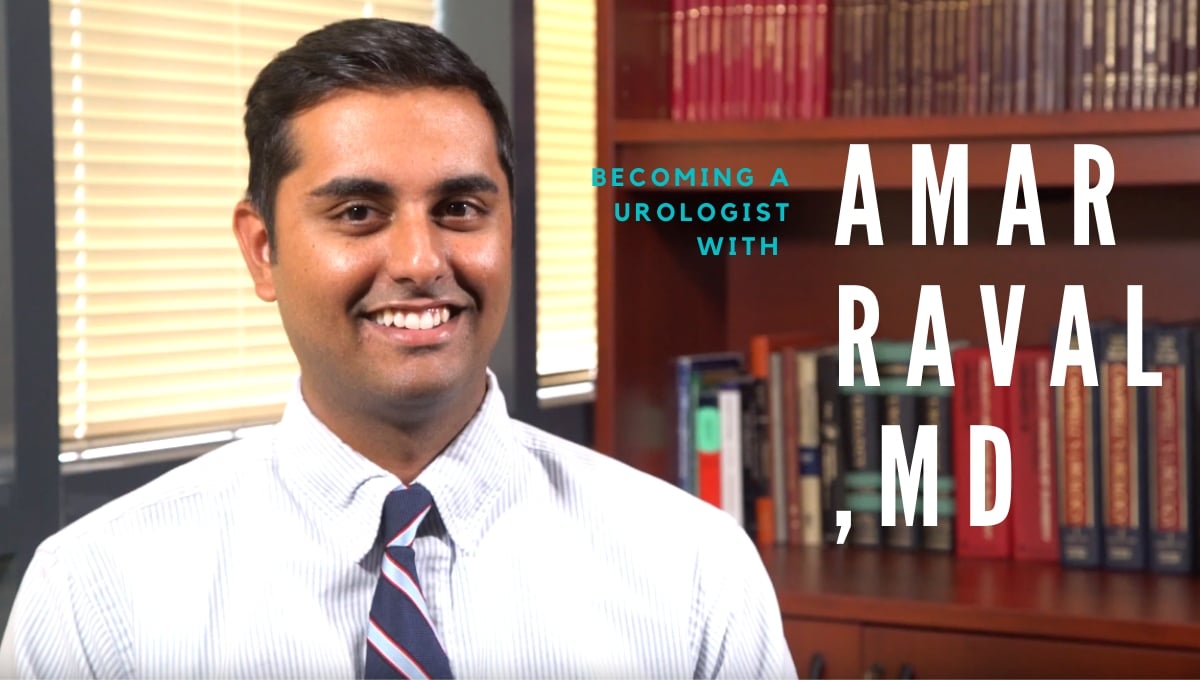
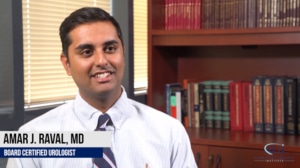 One common problem is kidney stone disease. Kidney stones form for a variety of different reasons. They are particularly common in warm climates, like Florida. Symptoms can vary, but they include severe abdominal pain, nausea, fever, chills, difficulty urinating or
One common problem is kidney stone disease. Kidney stones form for a variety of different reasons. They are particularly common in warm climates, like Florida. Symptoms can vary, but they include severe abdominal pain, nausea, fever, chills, difficulty urinating or 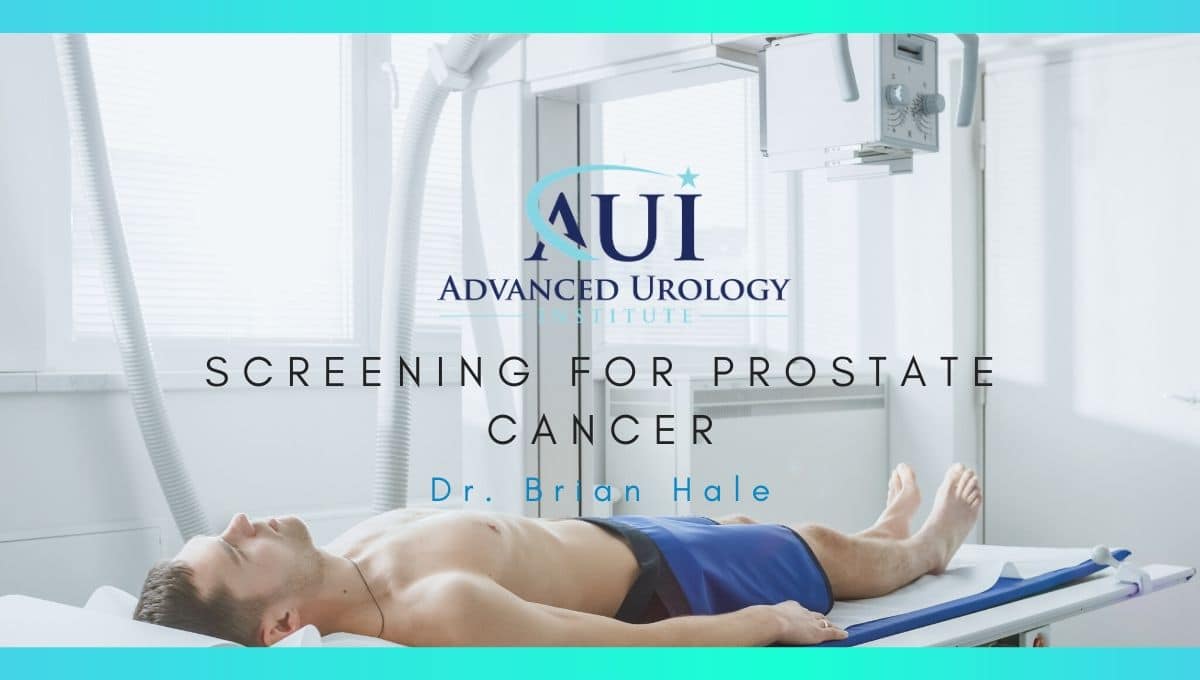
 There are pros and cons to PSA screening for prostate cancer. PSA tests can show increases in proteins when cancerous tissue is not actually present. This is called a false positive and can cause a great deal of stress for the patient and lead to more invasive tests that may not be necessary. For these reasons, among others, PSA tests were not recommended to patients for a period of time.
There are pros and cons to PSA screening for prostate cancer. PSA tests can show increases in proteins when cancerous tissue is not actually present. This is called a false positive and can cause a great deal of stress for the patient and lead to more invasive tests that may not be necessary. For these reasons, among others, PSA tests were not recommended to patients for a period of time.
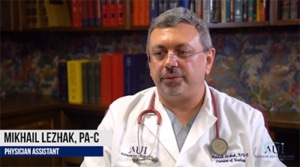 Physician assistants
Physician assistants
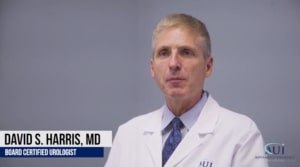 Some prostate cancers grow slowly and, in some cases, need little to no treatment. Other cancers can be aggressive and spread quickly. It is important to see your urologist often to monitor your cancer, as the best treatment for you will depend on the type of prostate cancer you have and how it reacts to treatment.
Some prostate cancers grow slowly and, in some cases, need little to no treatment. Other cancers can be aggressive and spread quickly. It is important to see your urologist often to monitor your cancer, as the best treatment for you will depend on the type of prostate cancer you have and how it reacts to treatment.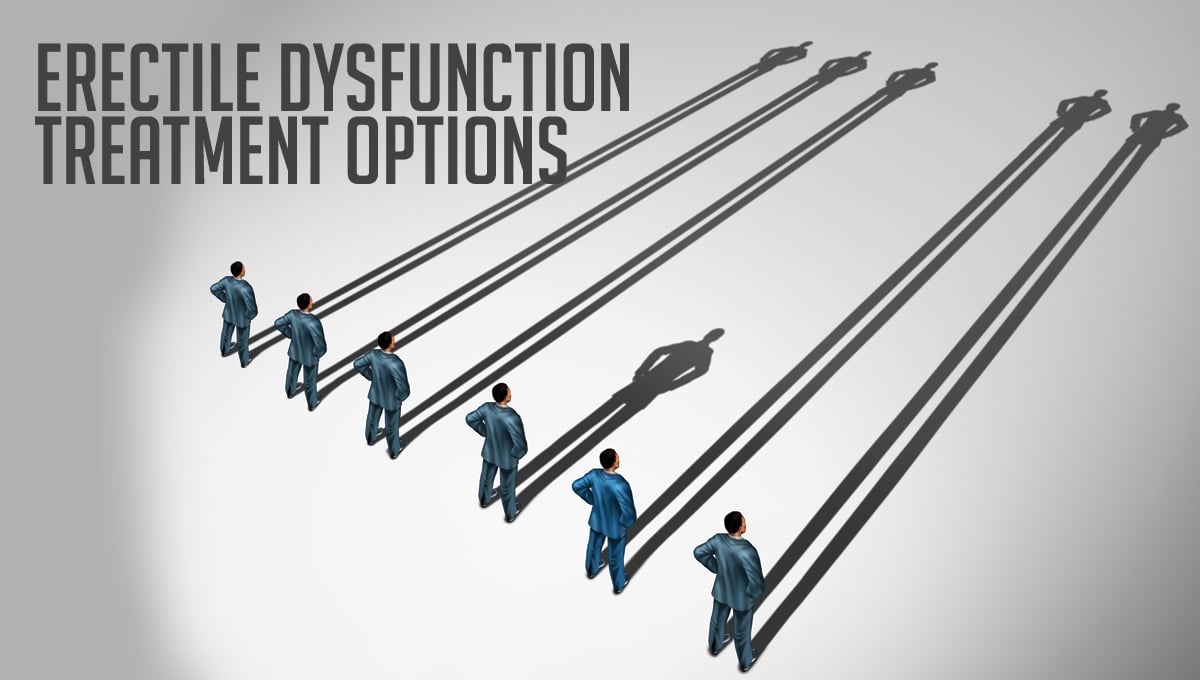
 There are many potential steps to be taken in the ED treatment process. The first step, especially when the patient is a younger man, is usually medical management. Doctors may prescribe common medications like Viagra or Cialis. Both medications are taken only when needed. They do not help cause an erection until the patient has already become sexually stimulated. They are safe, commonly prescribed medications; however, they can cause serious side effects in combination with other medicines, especially nitrates.
There are many potential steps to be taken in the ED treatment process. The first step, especially when the patient is a younger man, is usually medical management. Doctors may prescribe common medications like Viagra or Cialis. Both medications are taken only when needed. They do not help cause an erection until the patient has already become sexually stimulated. They are safe, commonly prescribed medications; however, they can cause serious side effects in combination with other medicines, especially nitrates.
 Bladder control problems can vary, from occasional urine leakage that happens when you cough or sneeze, to having sudden urges to urinate so strong you do not make it to the toilet in time. There are several basic
Bladder control problems can vary, from occasional urine leakage that happens when you cough or sneeze, to having sudden urges to urinate so strong you do not make it to the toilet in time. There are several basic 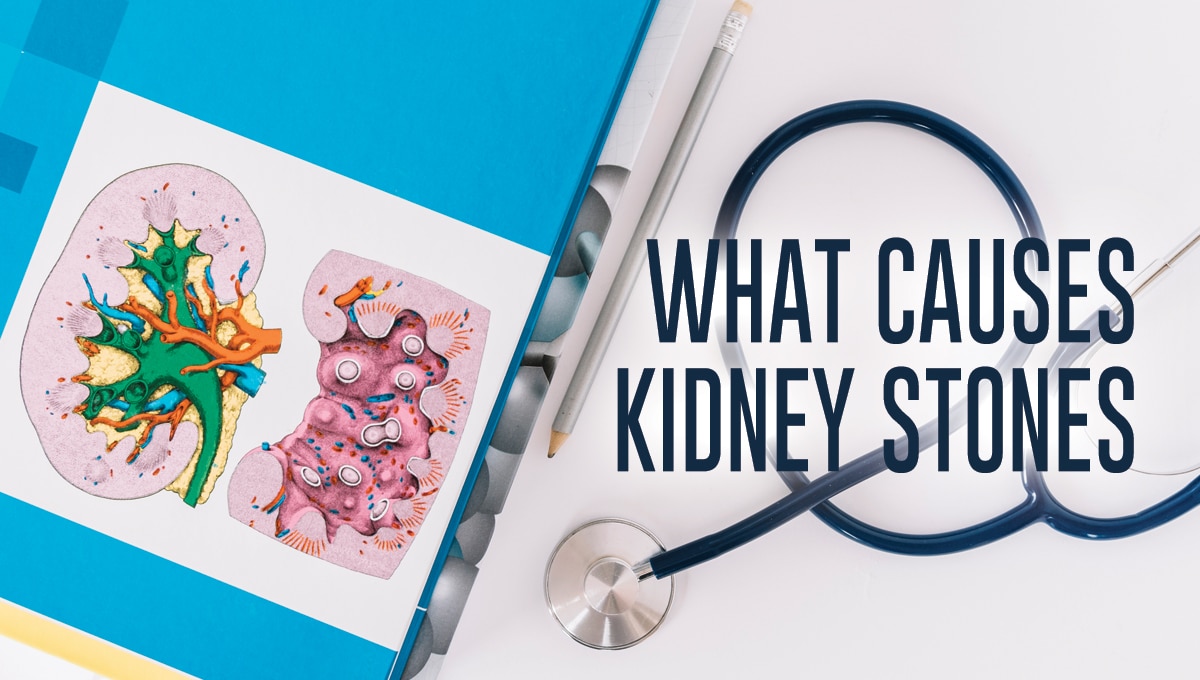
 For a normal person, the kidneys will filter around 200 quarts of blood each day, and they will remove about two quarts of liquid each day in the form of urine. Since a healthy person of around 160 pounds has only five quarts of blood, that means the blood will flow through the kidneys around 40 times per day.
For a normal person, the kidneys will filter around 200 quarts of blood each day, and they will remove about two quarts of liquid each day in the form of urine. Since a healthy person of around 160 pounds has only five quarts of blood, that means the blood will flow through the kidneys around 40 times per day.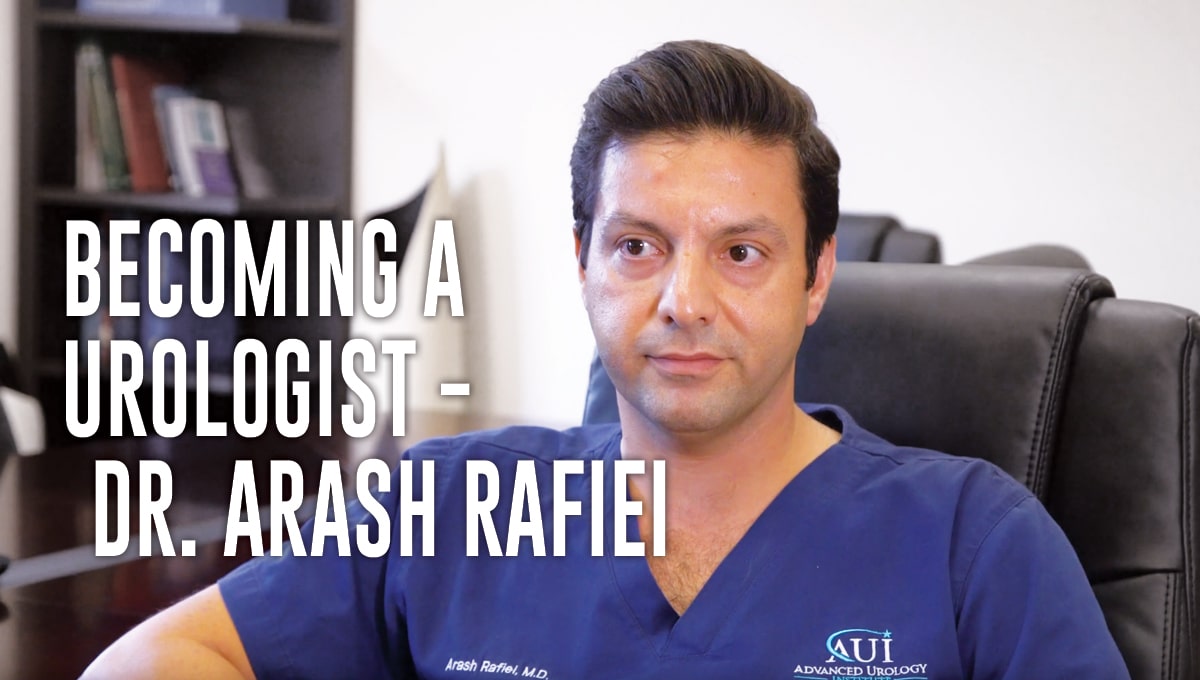
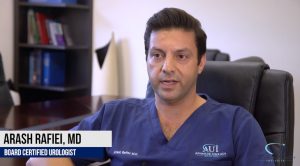 When choosing a urologist, you can specify that you would like a
When choosing a urologist, you can specify that you would like a 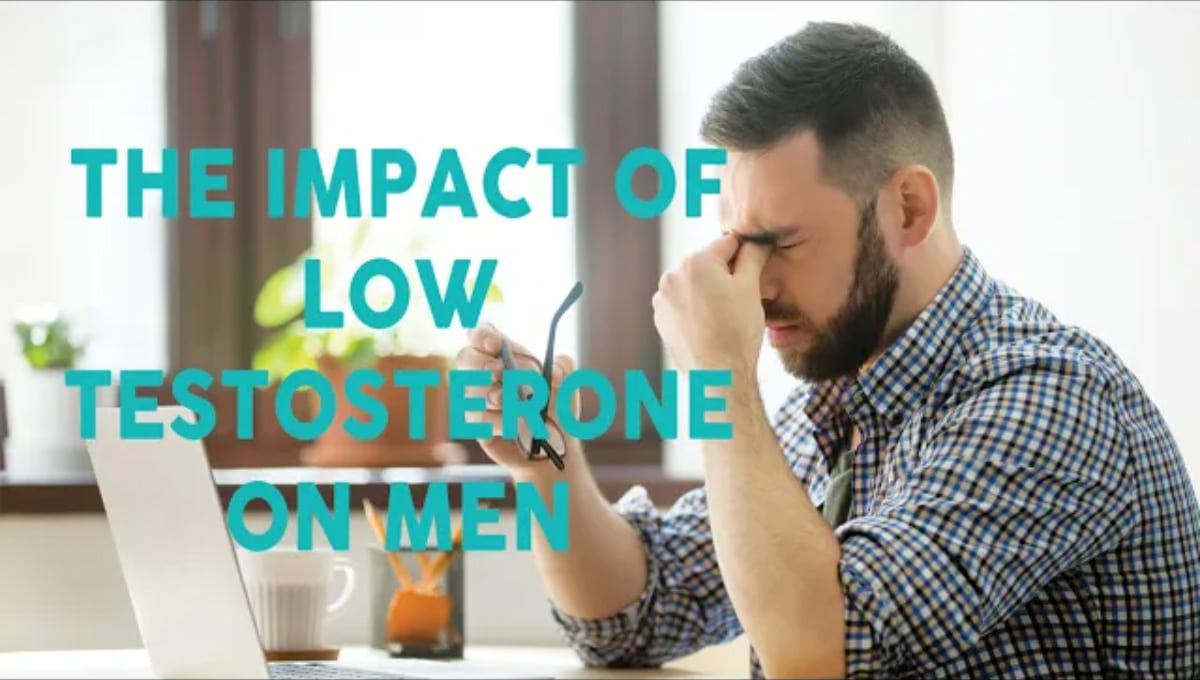
 1. Reduced Sex Drive
1. Reduced Sex Drive